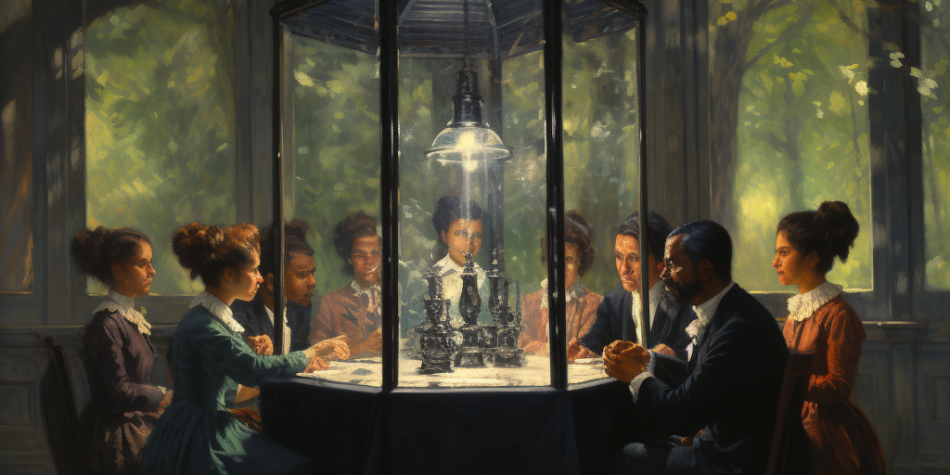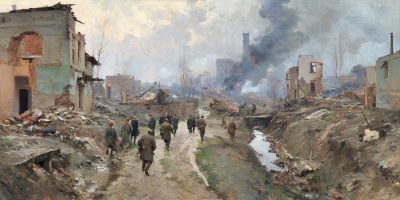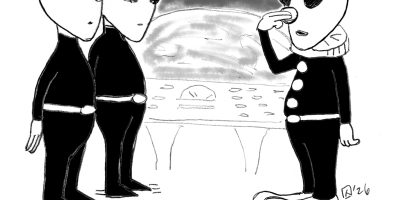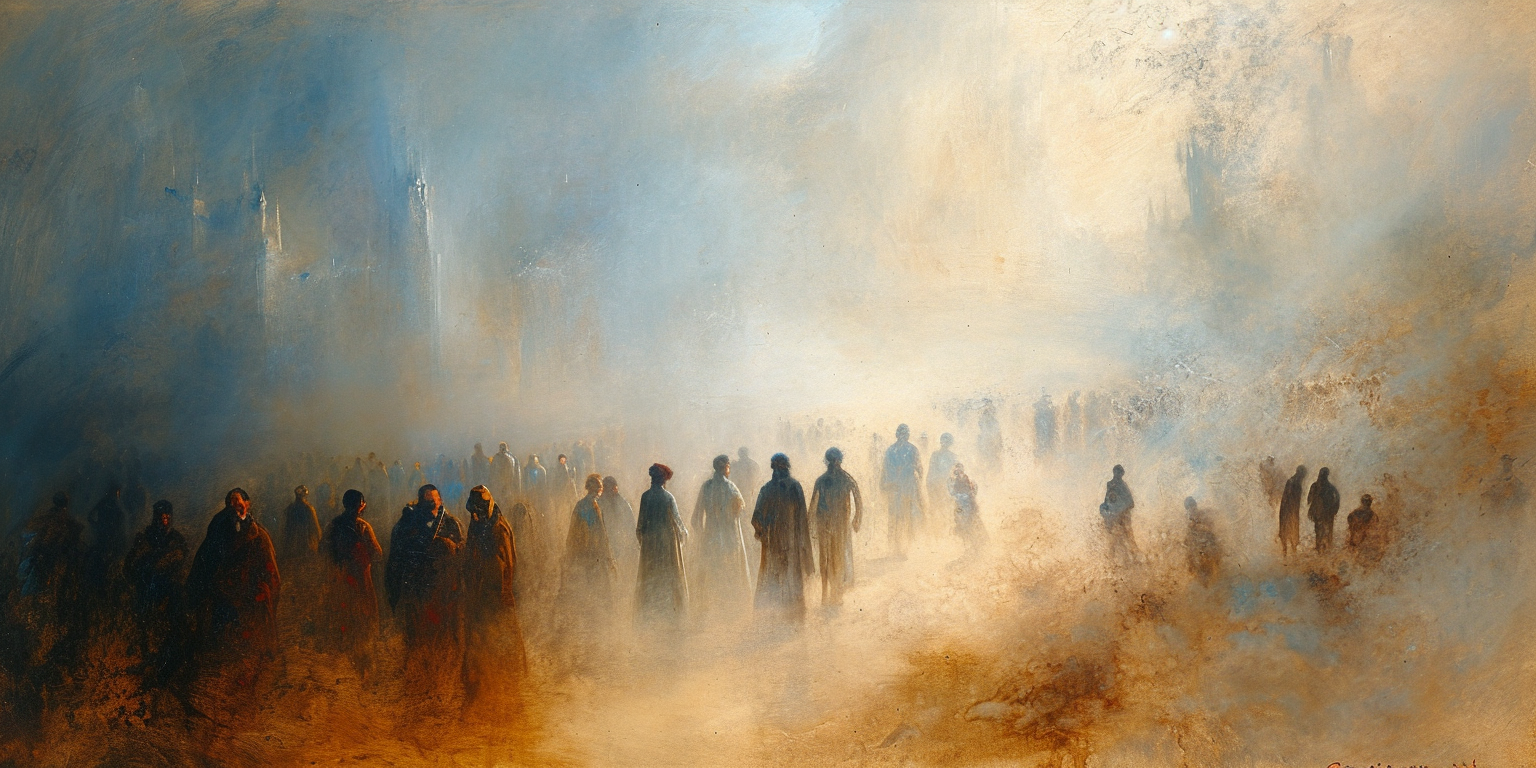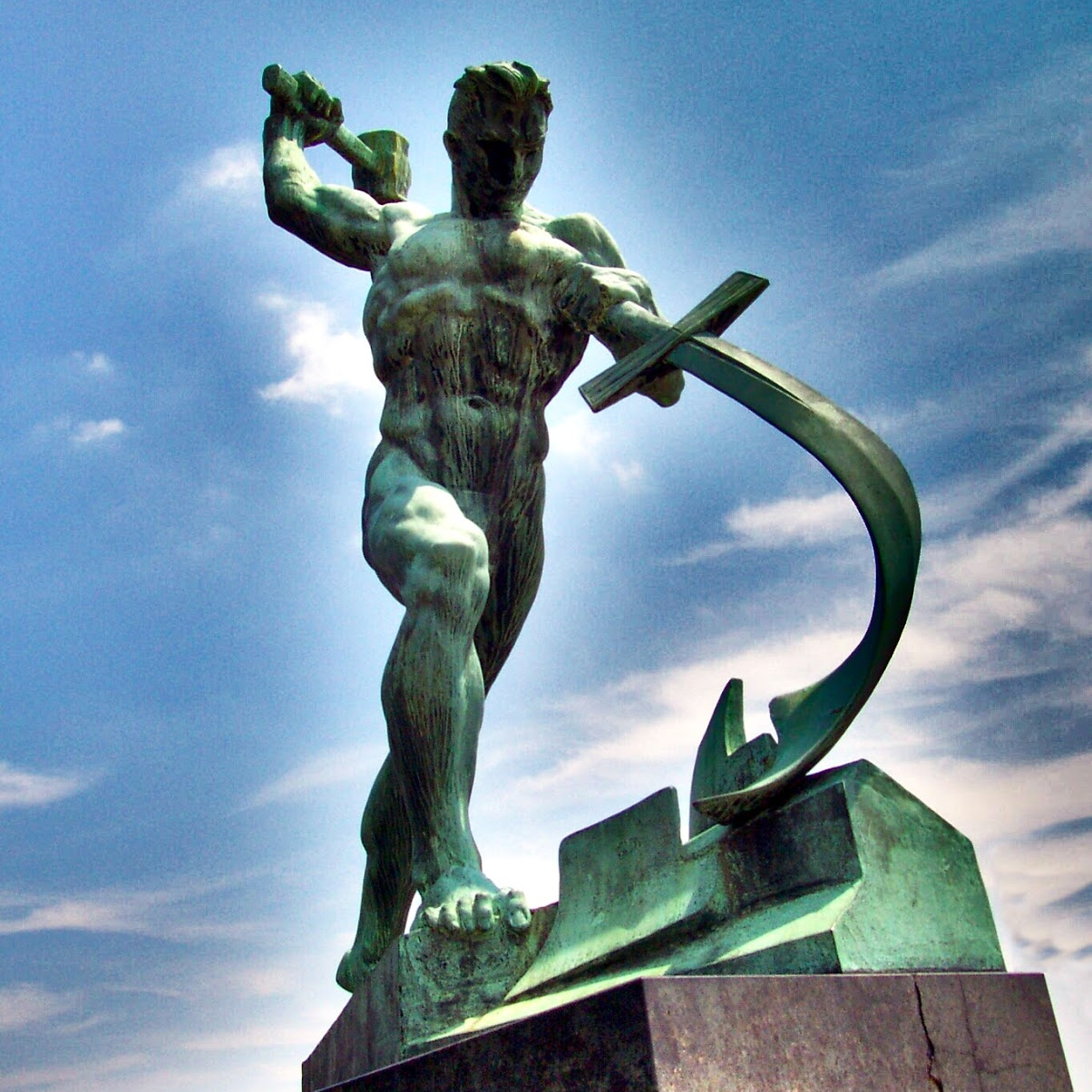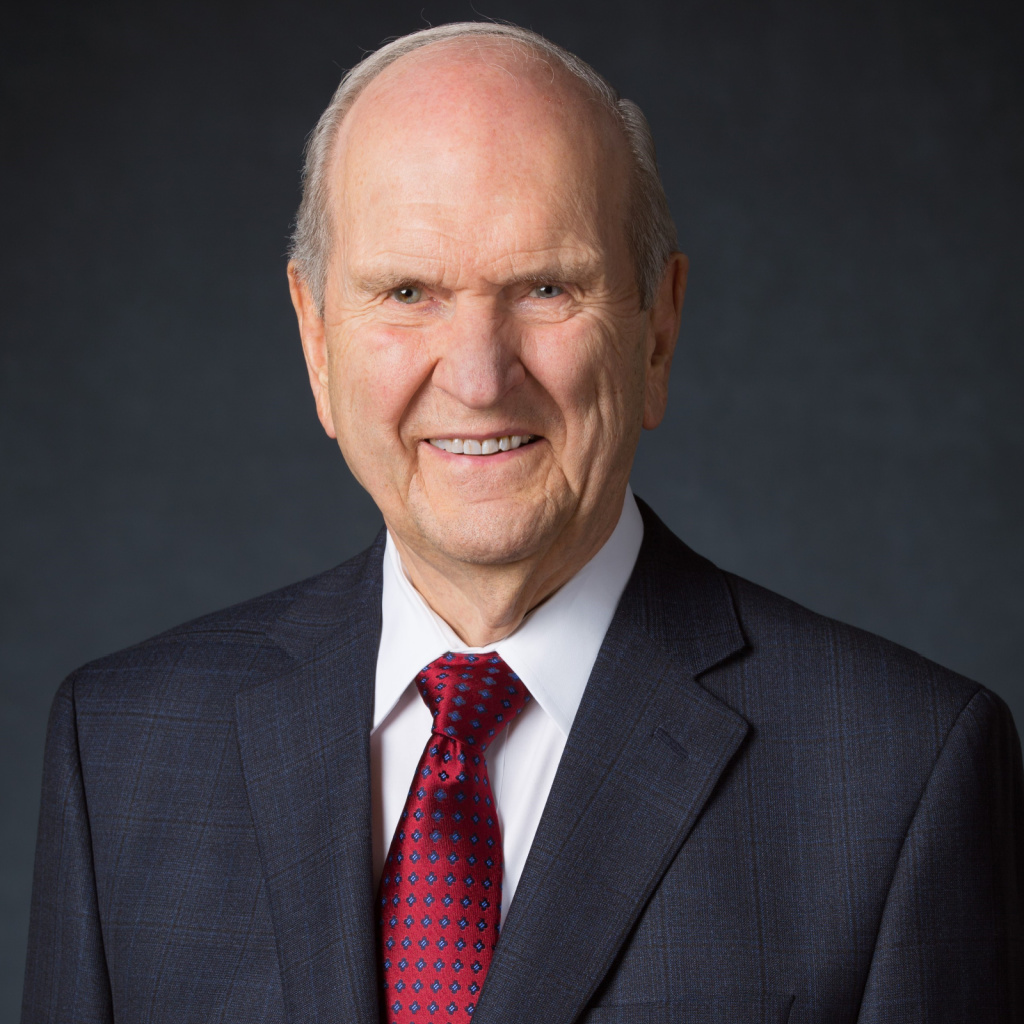The 1887 short story “The Canterville Ghost” described one of the characters as follows: “Indeed, in many respects, she was quite English, and was an excellent example of the fact that we have really everything in common with America nowadays, except, of course, language.”
It was an aphorism typical of the author, Oscar Wilde, a man of brilliant wit, penetrating insight, and consummate skill with language. His dissolute lifestyle was a scandal, yet he was a deathbed convert to Catholicism.
The ongoing Synod on Synodality commenced in 2021 and is to culminate with two sessions in Rome, first beginning this recent October 4 for the better part of a month and then one year thereafter. Discussion of the Synod has generated concern, dismay, and even anger among some Catholics who consider themselves orthodox but tend to be labeled “conservative.” It’s also elicited enthusiasm and anticipation among others who also consider themselves devoted but tend to be labeled “progressive” and push for substantive change.
Despite its apparent divisiveness, Pope Francis says that this synod is a major aspect of his papacy. As a Catholic layman seeking to understand the significance of the Synod and what it portends for our faith community, I have been struck by how we Catholics of many different countries, languages, cultures, traditions, and spiritual and political perspectives, read or speak what are seemingly the same words and behaviors and understand and interpret them so differently.
Churchill described an aspect of the problem when recalling an incident during the Second World War. The British mentioned a problem the Americans had already wanted to discuss by remarking that they ought to “table it.” This led to a long and acrimonious argument with the Americans until everyone realized that to the British, the phrase meant to bring something to the table, while to the Americans, it meant to take something off the table and set it aside.
In reading about the Synod on Synodality, that type of confusion seems simple by comparison. Words, as Oliver Wendell Holmes said, are “the skin of a living thought” and thus reflect the experiences and presuppositions that inform their users. This is a special challenge for members of any worldwide church. The explanations for the Synod use lots of words about collaboration, shared discernment, and mutual understanding that can resonate differently with each reader. The Holy Spirit will help us transcend semantics.
Dealing with the complexity of language is nothing new, of course, in our increasingly conflicted society today. This may be especially true for those who are seeking the wisdom of God that is not of the world. It is comforting (at least to me!) to be reminded that in scripture, even the holiest of people were at times confused, fearful, and even disobedient because they relied on their cultural or experiential understanding in trying to interpret the language of God’s plans for them.
Moses tried to beg off leading the people out of Egypt because he couldn’t speak well; Martha was told that she—unlike her sister—misjudged what was most important. And of particular relevance to this discussion, Peter, just after he was told that he would be the rock upon which the Church would be founded—and hence, in our view, became the first Pope—was chastised by Jesus as being a satanic stumbling block. The message in all cases was the same: Stop thinking as the world has taught you to think (be that via your culture, your institutions, your personal experience, or your politics) and strive to think instead as God thinks.
Accordingly, in trying to understand the Synod on Synodality, humility strikes me as the key. as the Synod on Synodality gets underway, it will be vital for all participants to recognize the limitations of their own cultural and linguistic perspectives. Catholic teaching is clear that our Church should be confident that the Holy Spirit will help us transcend semantics if we open our hearts and minds to the truths of our faith.
In this Part I of the analysis, we have noted how language impacts our understanding, especially when interpreting complex issues involving faith and religion. In Part II, we will delve more deeply into how language has played into the understandings that have resulted in such different perspectives on what the Synod’s impact will be on the Catholic Church. One must seek Holy Wisdom, that unity of reason and faith that we can enlist to help us think as God thinks and that enables us to see and engage with the living thoughts beneath the mere skin of the language being used.

